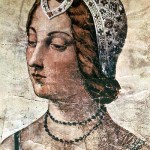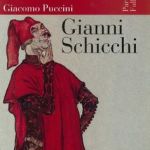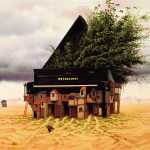As known, piano study requires an integrated development of skills. One of the very important elements of this development is ear training/playing by ear. Ideally piano lessons should begin with ear training activities and take main place in curriculum up until note staff is introduced later on. Unfortunately ear training is often being neglected by many piano teachers in favor of note reading.
Dear teachers, please don’t present music notation to your students on the first piano lesson. There is a better way to introduce a student to music – though singing simple songs with words. Remember, voice is our first instrument, use it! Here is how it can be done.
Piano teacher chooses a very simple, familiar to every child song and sings it together with the student. They can sing it a few times, just add a rhythm clapping to it.
Tip: Once names of the notes have been introduced (solfege, not ABC!), a student can sing a song with solfege instead of words. Solfege syllables are known to help ears to connect with a pitch more easily. In the result of this approach a student will have a very good perception of a pitch, even before he learns to read notes as written symbols!
Afterward, they need to discuss how sounds in the song were acting – moving up or down, taking steps or skips, etc.
Tip: At this point the Kodaly method of hand signs (showing a pitch height) can be introduced and used while singing in solfege. In this way full body is involved in “feeling” the melody – so effective in training the ear!
Lastly, a student can try to pick out the song on the piano with teacher’s guidance. If a difficulty occur-all of the above steps can be repeated again.




